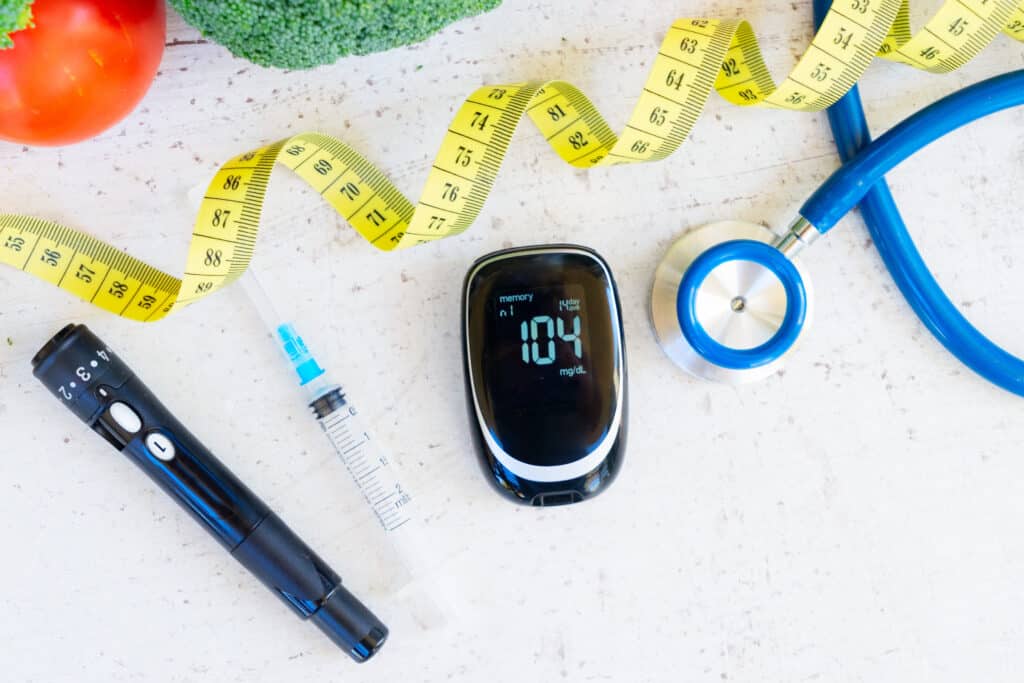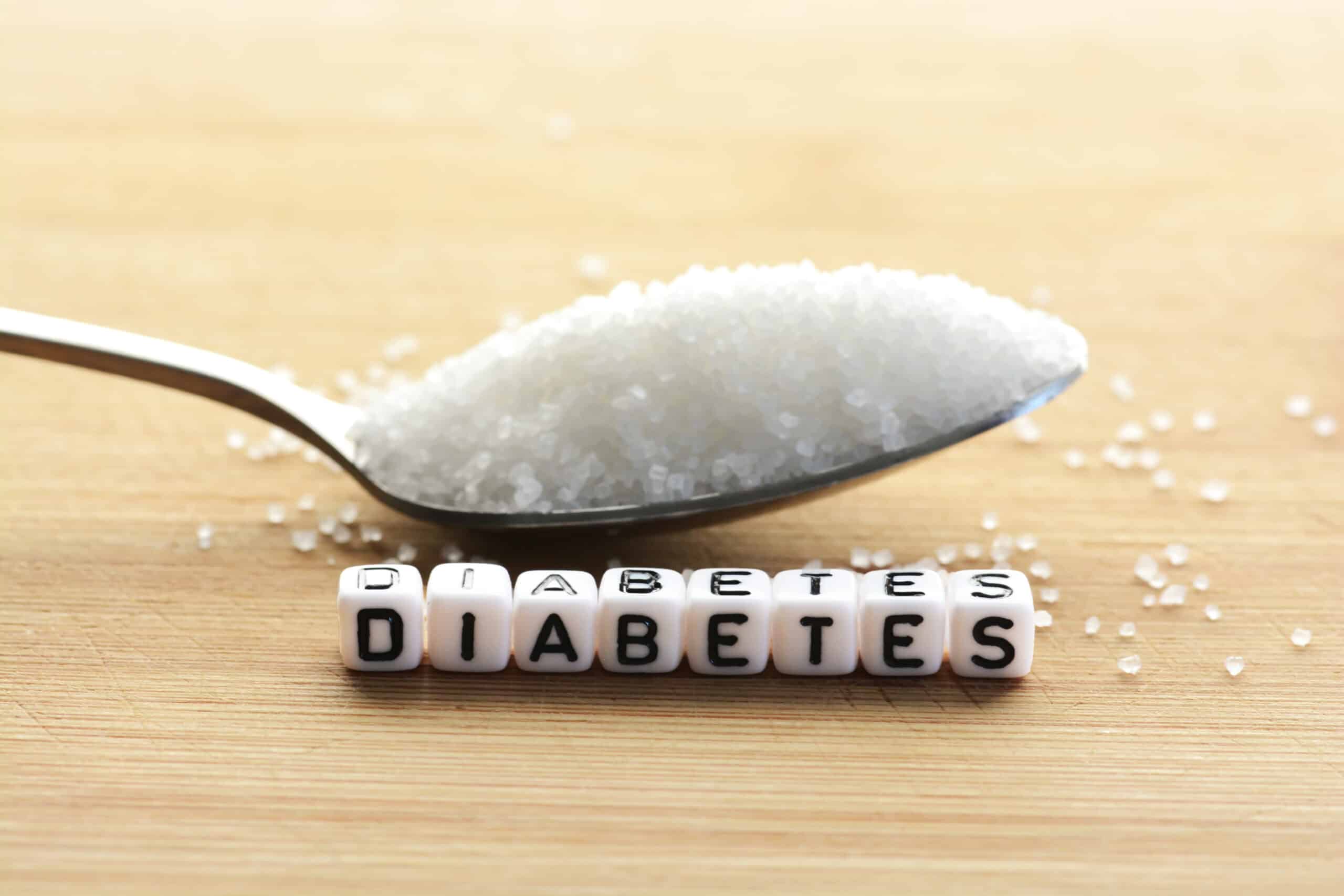
How Losing Weight Can Help Manage Diabetes


For people living with type 2 diabetes, keeping blood sugar within a healthy range can feel like a constant balancing act. While medication and regular monitoring play key roles, one often underestimated factor is body weight. Research shows that losing even a modest amount of weight can significantly improve blood sugar control — and in some cases, reduce the need for medication.

Type 2 diabetes is characterised by the body’s reduced sensitivity to insulin, the hormone that helps regulate blood sugar. Excess body fat — especially around the abdomen — increases insulin resistance, meaning the body needs more insulin to keep glucose levels stable. This can place extra strain on the pancreas and make blood sugar management more difficult.

When you lose weight, especially visceral fat around the organs, your body’s insulin sensitivity can improve. This means the same amount of insulin is more effective at moving glucose from the blood into the cells for energy. As a result, blood sugar levels become easier to control. In some cases, people who achieve sustained weight loss can see their HbA1c (a measure of long-term blood sugar control) improve enough to lower medication doses.
To manage blood sugar and lose weight more effectively, some patients might look into pharmaceutical weight loss support to reduce appetite and food cravings.
In fact, further double-blind studies on people with obesity found that in 1961 adults with a BMI of 30 or greater, those that tried pharmacotherapy showed a weight loss of 14.9% from their baselines after 16 months, when combined with lifestyle changes. Specifically, about 70% of trial participants achieved at least a 10% weight loss, while 50% of participants achieved at least 15% weight loss. About a third of participants lost 20% or more of their weight. For obese persons, even a 10% weight loss is significant, as it can combat weight related issues like high blood pressure, prediabetes and sleep apnea.
Another separate 2021 trial tested two different doses of the same weight loss treatment in 1200 people who were overweight or obese. All participants were given regular support to improve diet and exercise habits, and 3 equally-sized groups were randomly assigned to either take a placebo or one of the two doses of Pharmacotherapy. The 5 year long trial found that those on a higher dose lost about 9.6% of their body weight on average, while those on the lower dose lost 7% body weight on average.
Weight loss in people with type 2 diabetes isn’t just about glucose control. It can also lower blood pressure, improve cholesterol levels, reduce inflammation, and decrease the risk of heart disease — a major concern for those with diabetes. Many also notice increased energy, better sleep, and reduced joint pain, making daily activities easier and more enjoyable.
Pharmaceutical weight loss support is generally safe, and well-tolerated by most individuals. There might be mild side effects, like nausea, diarrhea, constipation, vomiting, injection site reaction, low blood sugar (hypoglycemia), headache, tiredness (fatigue), dizziness, stomach pain, and change in enzyme (lipase) levels in your blood.
However, those with a family history of thyroid cancers should not take the treatment, as it may trigger thyroid tumours. Additionally, those who are pregnant, breastfeeding, or planning to do either, do not qualify. Should you have a history of problems with either your kidney or pancreas, it is recommended that you avoid this medication too.
In a very small number of people, this form of weight loss support can cause serious side effects like pancreatic inflammation, changes in vision, kidney problems, and gall bladder problems.
The good news is you don’t need to achieve drastic weight loss to see results. Losing just 5–10% of your body weight can have measurable benefits for blood sugar and overall health. This can be achieved through a combination of balanced nutrition, regular physical activity, and healthy lifestyle habits.
If you have type 2 diabetes and are considering weight loss as part of your management plan, it’s important to consult your doctor or a qualified healthcare professional. They can help you set realistic goals, monitor your progress, and ensure that changes to your diet or activity level are safe and effective for your condition.
If you are seeking to lose weight in a safe and sustainable manner, SL Aesthetic Clinic and our sister clinic, Prologue The Lifestyle Medical Clinic, can provide you with the necessary diagnosis and treatment to work with you. Call us now at 6235 3246, or Whatsapp us at 9850 7112.
Like what you read? Share them!